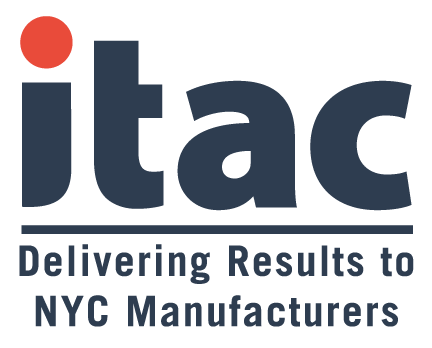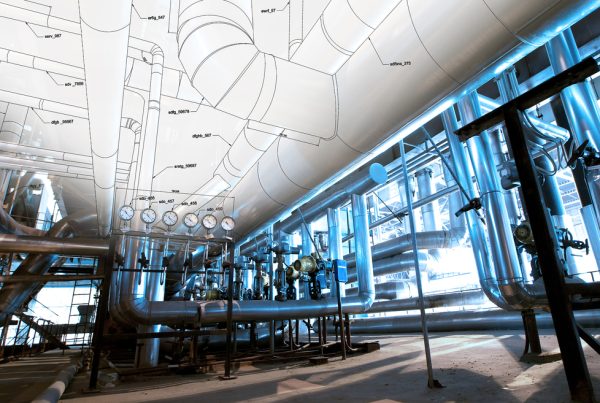One proposed policy has captured the attention of many manufacturers in NYC: the Packaging Reduction and Recycling Infrastructure Act (PRRIA). While PRRIA awaits final approval, its potential impact on our industry is significant. This legislation aims to revolutionize packaging standards by emphasizing recyclability, mandating minimum recycled content, and enforcing extended producer responsibility (EPR). Here’s what you need to know.
Understanding PRRIA
PRRIA introduces critical changes that NYC manufacturers should prepare for:
- Recyclability Standards: Packaging must meet stringent criteria for recyclability.
- Recycled Content Requirements: Minimum levels of recycled material will be mandated in packaging.
- Extended Producer Responsibility: Manufacturers will be responsible for managing packaging waste throughout its entire lifecycle.
Practical Steps to Prepare for the Packaging Reduction and Recycling Infrastructure Act
- Meeting New Packaging Standards:
- Challenge: Adapting current packaging practices to meet new recyclability and recycled content requirements.
- Advice: Conduct a thorough audit of your packaging materials and processes. Identify eco-friendly and cost-effective alternatives that align with PRRIA standards.
- Implementing Extended Producer Responsibility:
- Challenge: Developing strategies to manage packaging waste and fulfill EPR obligations.
- Advice: Create a comprehensive waste management plan that includes recycling programs and partnerships with waste management providers.
- Harnessing Sustainability for Competitive Advantage:
- Challenge: Leveraging sustainability initiatives to differentiate your brand in a competitive market.
- Advice: Highlight your commitment to sustainability in marketing efforts, especially if you implement these changes prior to being required. Engage with environmentally conscious consumers by transparently communicating your efforts and proudly display any relevant certifications.
Benefits of Embracing Sustainability
Beyond compliance, embracing sustainability can bring several business advantages:
- Cost Efficiency: Reduce waste and operational costs through sustainable practices. Addressing these potential policy changes proactively will help you avoid last-minute adjustments and capitalize on long-term benefits. Waiting until the last minute could not only increase expenses but also create challenges in implementing changes during a period when demand for resources and services is high.
- Market Expansion: Attract environmentally conscious consumers and access new markets.
- Enhanced Reputation: Build a strong brand image based on environmental responsibility and proactive responsiveness.
Prepare Today for a Sustainable Tomorrow
As PRRIA moves closer to implementation, proactive adaptation is key to securing your company’s future success in a sustainable economy. By preparing now, staying informed, and collaborating with industry stakeholders, NYC manufacturers can not only meet regulatory requirements but also lead in sustainable innovation and market competitiveness.






